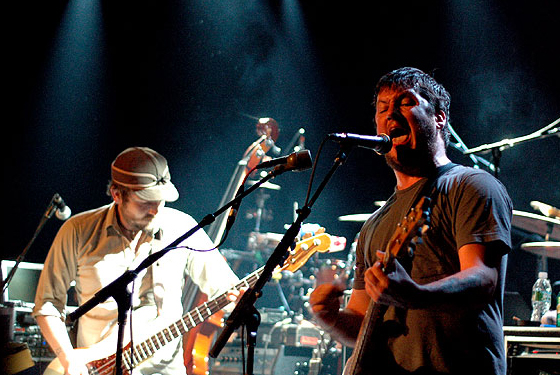
The whole saga concerning MPs expenses has taken a particularly interesting turn over the last few days. The Director of Public Prosecutions, a man with the curious name of Keir Starmer (I've only come across one other person with the name 'Keir' - his last name was Hardie and he created the Labour party. Anyway, I digress..), has announced that three Labour MPs and one Tory peer will be charged under the Theft Act for their dodgy expenses claims.
Over the weekend as leading politicians were saying that the issue can now finally be put to bed (presumably because justice is finally being seen to be done), a potential shitstorm began brewing after it was suggested that the Labour MPs may invoke something called 'parliamentary privilege' - this is part of the Bill of Rights which goes back to 1689 and followed in the wake of the Glorious Revolution (Protestant William and Mary replace Catholic James II in a bloodless coup blah blah blah...). It says "that the freedom of speech and debates or proceedings in Parliament ought not to be impeached or questioned in any court or place out of Parliament." Fair enough - parliament had fought a war earlier in the century against the power of the monarchy. The Bill guaranteed the supremacy of parliament and was responsible for reforming absolutism a full century before the French tore themselves apart over the issue.
The law stuck. In 1999 a committee was set up in order to clarify several issues (nice to know our government reviews legislation regularly), one of which was the idea of "proceedings in parliament". The conclusion was that the law protected "members of both houses from being subjected to any penalty… in any court for what they have said in the course of the proceedings in Parliament."
Now, as far as I see it, whilst the word 'proceedings' is still a nebulous concept and_could_include expenses claims, the letter of the law still clearly says that MPs are protected 'for what they have said'. I agree - MPs should be able to speak their mind in the House of Commons without fear of being prosecuted for libel. However, the whole crisis of expenses in grounded not in what MPs have said, but rather in what they have_done - namely (allegedly) stolen from the British taxpayer in making fraudulent claims. Claiming expenses is an everyday 'proceeding' in the work of an MP. So, as I see it, the 1689 Act only protects MPs for any comments they make in relation to expenses, not for the act of theft itself...am I right? What is the fuss about? These guys should go down!
Some of my legal friends may wish to comment - there is a particularly useful article here.





